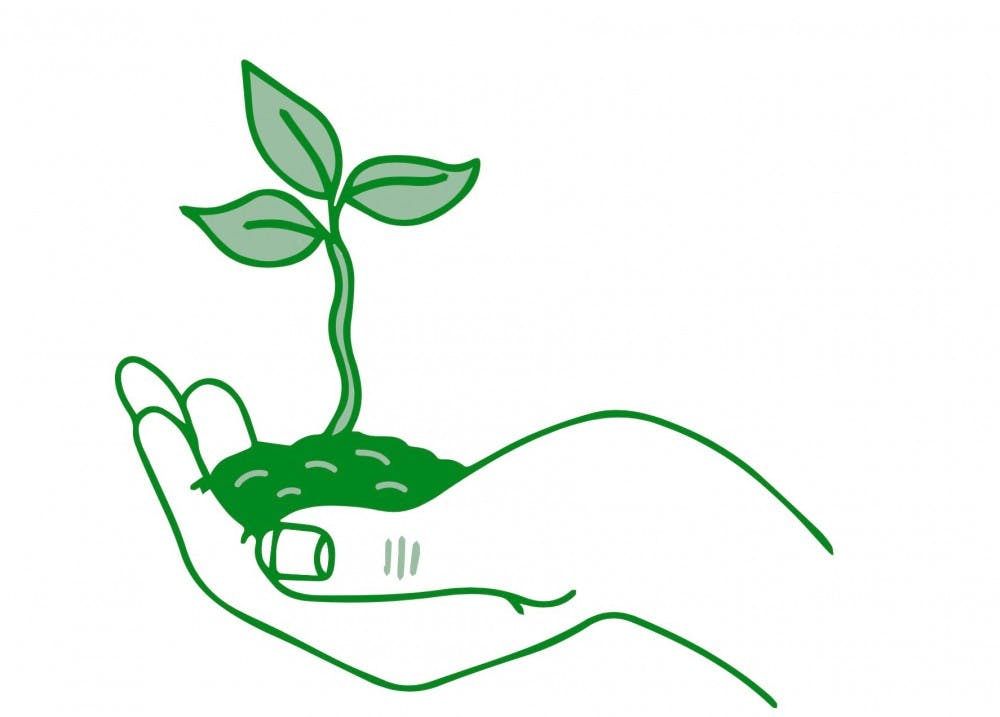Living in the bubble of Elon University means it can be hard to see the bigger picture at times. But as Earth Day crops up this Sunday, April 22, now is the perfect time to look at our small part in this very big whole.
Elon University is known as one of the most beautiful campuses in the United States. This is largely because of the dedicated staff at Physical Plant that maintain the grounds and the manicured state we’ve become accustomed to. But taking care of the world around us means doing more than just keeping it looking its best.
Admittedly, Elon pays more attention to reducing its carbon footprint than most institutions. The Office of Sustainability, the BioBus, Loy Farm and Physical Plant are just some of the great resources available in looking at what Elon does to take care of our community.
But they can’t be the only ones taking care of our campus.
It’s true there is more power when a mass of people come together to accomplish a goal, but that’s not to say the individual can’t be just as powerful.
If we wait to hop on the bandwagon before we decide to take action, we’ll be sitting around waiting for a long time. It starts with one person, one individual, to make a change. And you don’t need to drastically change your lifestyle in order to give back to the planet.
While methods such as eating less meat or going carless for a year have some of the largest impacts in terms reducing your carbon footprint, they’re not always the most easy to put in practice for a college student.
One of the easiest places to start is examining how much food you actually waste. According to a report conducted by the U.N. Food and Agriculture Organization, consumers throw away about 40 percent of their food in the United States alone. And this has less to do with the idea that we need to eat less, but more so that we need to throw away less. More often than not, consumers buy too much food, or don’t finish the food they put on their plates.
And while it may not seem like a significant start, cutting down waste could have the same or even a more significant effect toward cutting down our carbon footprint than switching to a vegetarian or vegan diet.
There are a lot of smaller-scale places an individual can start when thinking about cutting down waste. Try simple things such as taking stock of what you have in your fridge and making a grocery list, so you don’t buy more than you need, or getting creative with leftovers and using them instead of letting them go bad and tossing them. Use your freezer, this will extend the shelf-life of your food. Be wary of when grocery stores sell bulk items — the low-price sales might seem tempting, but you’re not helping anyone if you end up throwing away food you didn’t use. Finally, try investing in reusable grocery bags or skip the packaging altogether.
On a college campus, it’s harder to make the bigger lifestyle changes environmentalists recommend to reduce carbon emissions. But that doesn’t mean it’s impossible. Start small. Focus on the things you can do, rather than what you can’t.
So next time you visit a dining hall, think of what you’re putting on your plate. When grocery shopping, go with a plan or idea of what you need and try to avoid buying excess or things you don’t think you’ll use. Try visiting the Farmers Market outside the Elon Community Church Thursdays from 3 p.m. to 6:30 p.m. The more you put these actions into practice, the more instinctual they’ll become.
Humans’ relationship with the planet is a two-way street. If we take care of the earth, it’ll take care of us.


